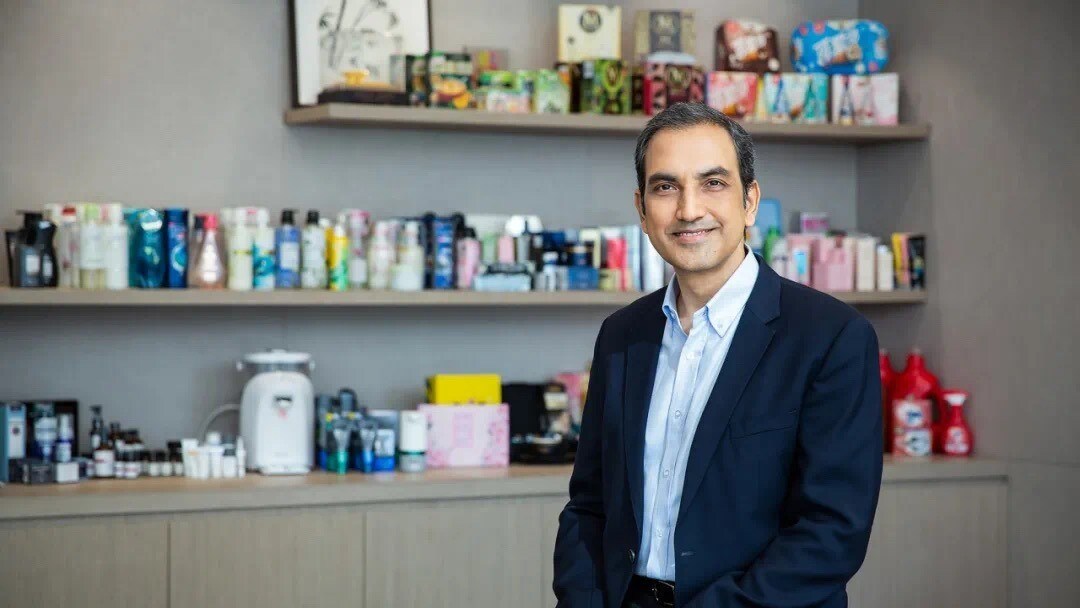
The initial signs of recovery in India's hinterlands boosted Hindustan Unilever Ltd.'s first-quarter performance, but potential risks of food inflation and a decline in real wages if the monsoon does not progress well can impede the growth momentum, Chief Executive Officer Rohit Jawa has said.
The consolidated net profit of India's largest consumer goods maker rose 2.2% year-on-year to Rs 2,612 crore in the first quarter of the current financial year and met analysts' estimates. The profit was driven by a moderate uptick in volume after five consecutive quarters, even as revenue growth slowed due to price cuts in the home and personal-care divisions.
"In the last few months, we are seeing some green shoots in (the) rural-demand recovery, but we continue to closely monitor rural progress," Jawa said during a post-earnings briefing on Tuesday. "There are a few critical factors that could impact the pace of recovery."
Rural volumes grew faster than urban in both the March and June quarter. However, the rural markets still lag behind the urban over a two-year compound-annual-growth-rate basis.

Rohit Jawa (Source: Company)
After a deficient June, Jawa underscored that the monsoon remains a crucial factor for sustained growth as favourable rain correlates with higher rural incomes and increased spending power.
"Monsoon is trending in the right direction, but we need to be watchful on how the entire season pans out," he said. "Its overall impact on agriculture, employment levels, real wages and food inflation in rural India could have a bearing on the pace of recovery and we remain watchful of that."
This has prompted HUL to aggressively drive premiumisation — a strategy that involves selling more expensive and high-quality products targeting affluent consumers in the urban markets to boost revenue and profit margin.
Jawa said the company's premiumisation strategy yielded tangible benefits over the last few years and its premium-portfolio contribution expanded by 300 basis points over the past three years. "With increasing affluence, the new India spearheaded by aspirations for a better quality of life sees consumers becoming increasingly discerning, seeking higher order benefits and making holistic buying decisions," he said.
The trifecta of urban, premium and organised is driving growth for the fast-moving-consumer-goods industry, according to the HUL management. The trend is also reflected in the slower growth of general trade channels, which caters more to the mass market, compared to modern trade as well as e-commerce channels. HUL achieves 70% of its sales through general trade and 20% through modern trade and e-commerce put together. The remainder comes from government channels.
HUL is also rejigging its portfolio to focus on high growth spaces, such as skincare-infused make-up, international cuisine or even home-care liquids, such as fabric softeners or dishwashing liquids. "This portfolio is leading growth for the company with a 20% volume growth in the June quarter and a 50% growth in e-commerce," Jawa said.
Despite a sluggish rural recovery, Jawa expects a "low-single digit" pricing growth and more premiumisation to lift revenue growth in the latter half of 2025.
Essential Business Intelligence, Continuous LIVE TV, Sharp Market Insights, Practical Personal Finance Advice and Latest Stories — On NDTV Profit.























